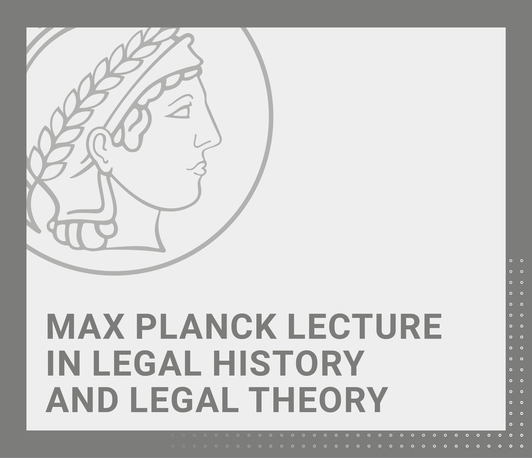The Rule of Law in British America: Thinking with Indians While Comparing to Spaniards
Max Planck Lecture in Legal History and Legal Theory
- Datum: 23.06.2022
- Uhrzeit: 16:15
- Vortragende(r): Richard Ross (University of Illinois)
- Organisation: Stefanie Rüther
- Ort: mpilhlt

Settlers in British North America used stylized depictions of indigenous peoples to argue about what the rule of law meant in a New World polity. Colonial rule invited accusations of arbitrary government, extortion, and systematic lawlessness. By pointing to specific features of caricatured Native life and law, settlers could affirm that their polity adhered to law rather than to arbitrary will, passion, and predation. Or they could deny it. Or they could try to change what the rule of law meant in practice. Accounts of indigenous peoples served as a contrast or counterpoint that helped British Americans legitimate, shape, and critique their own rule of law. The paper explores four ways this happened. Examples from Native neighbors provided a background against which colonists argued about violent self-help, the meaning of “despotism,” and the implications for their legal system of anglicization. In arguing about the rule of law, English settlers were thinking with Indians.
At various points, the paper will contrast the Spanish to the British American use of Natives to reflect on the rule of law. In particular, the essay will focus on how different reconstructions of pre-contact Inca and Aztec history could be turned towards defending the rule of law in New Spain and Peru. These Spanish American moves, some among many, can help identify what was distinctive and interesting in the British American strategies.